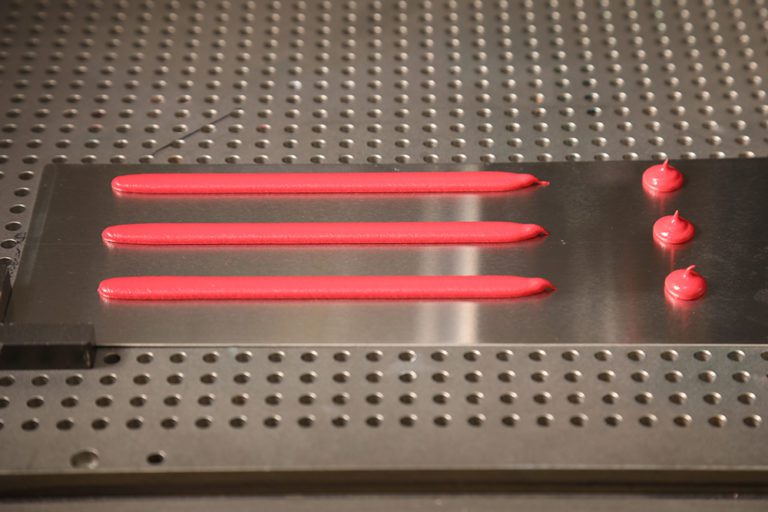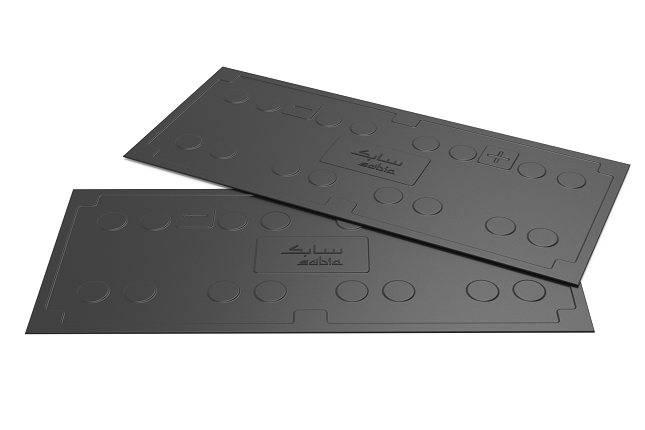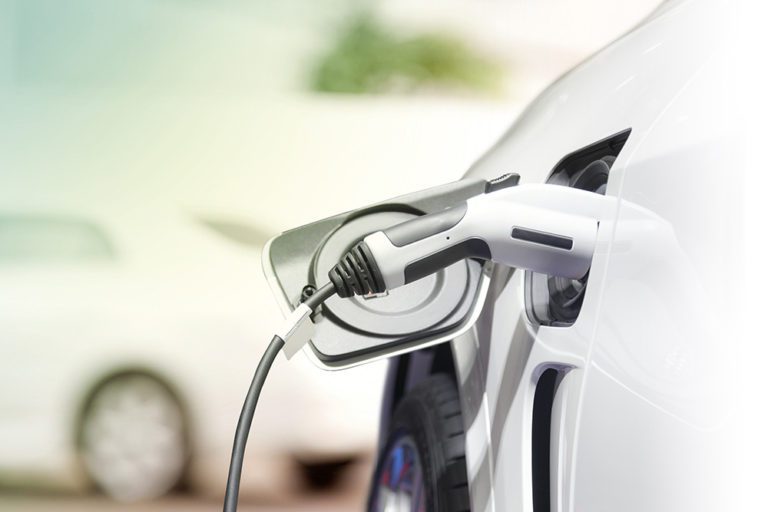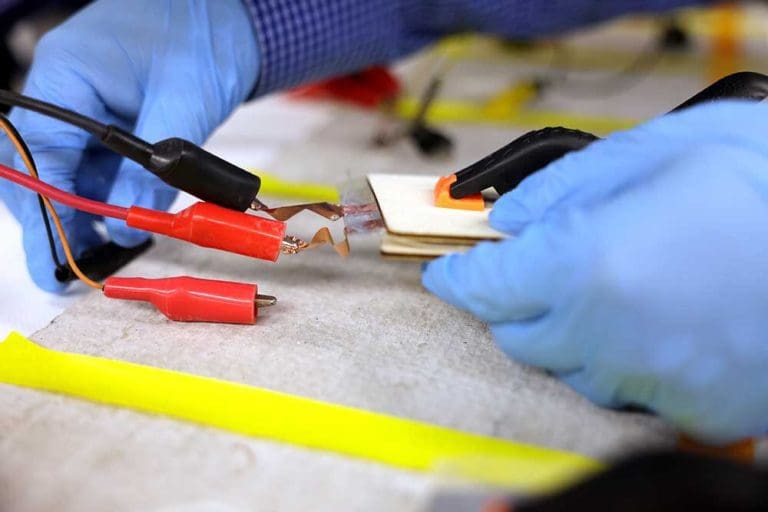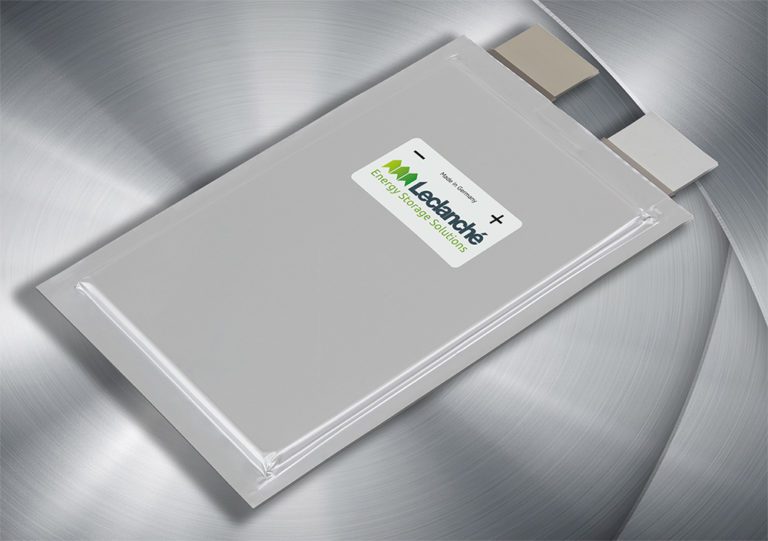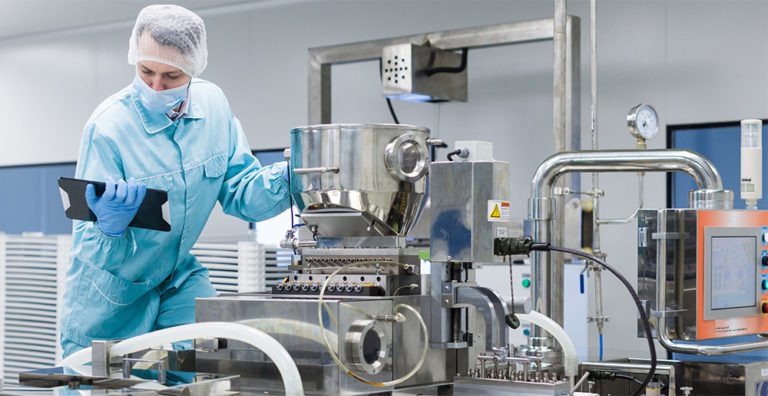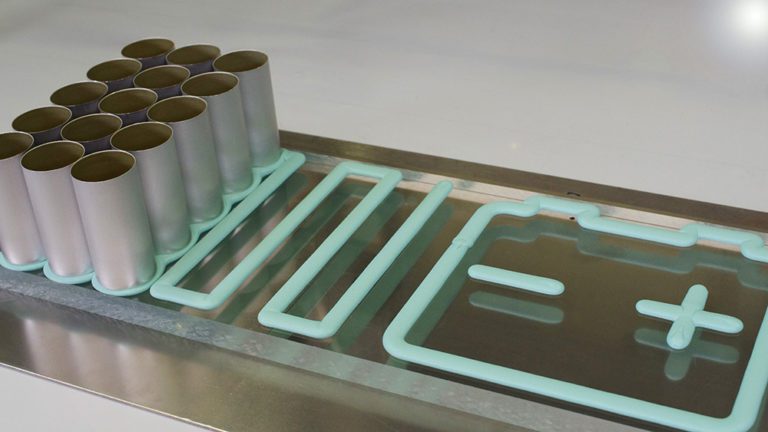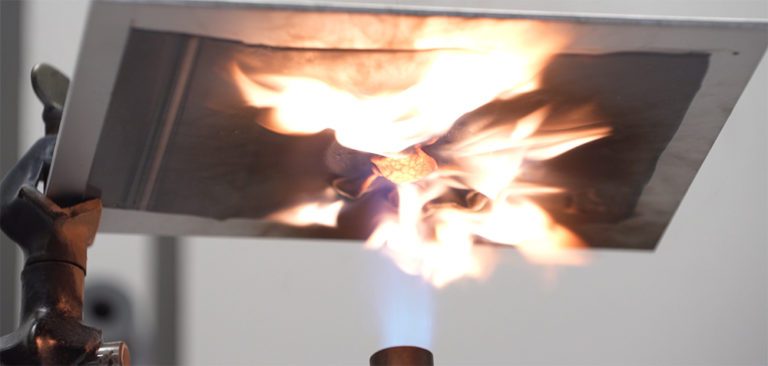Sponsored by Parker Lord The article will be valuable for Electric Vehicle (EV) battery manufacturers as well as battery module and pack designers to help choose the right thermal interface material for battery pack needs. Two-component (2K) gap fillers provide customers with a variety of thermal conductivities and chemistries to choose from, which provide high… Read more »
Search Results Found For: "formula e"
SABIC launches new resin for EV battery modules
Saudi Basic Industries Corporation (SABIC) has launched a new resin for the insulation film in EV battery modules with 600-800 V cells. NORYL NHP8000VT3 is a polyphenylene ether (PPO)-based resin, and the company says that, compared to polycarbonate (PC) and polypropylene (PP) insulation films, NORYL NHP8000VT3 has “stronger CTI performance and thinner-wall FR capability.” “The… Read more »
Alternative Fuel Corridor designations facilitate charging network build-out in all 50 states
The DOT’s Federal Highway Administration (FHWA) has announced the latest round of Alternative Fuel Corridor designations. Under the new National Electric Vehicle Infrastructure (NEVI) Formula Program established by President Biden’s Bipartisan Infrastructure Law, funding will be directed to designated EV Alternative Fuel Corridors to serve as the backbone for the national EV charging network. The… Read more »
U-Mich researchers claim new approach reduces battery testing time by 75%
Researchers at the University of Michigan have developed a streamlined approach to testing new battery designs which they say could cut the time for both simulation and physical testing by as much as 75%. The new study, “A generic battery cycling optimization framework with learned sampling and early stopping strategies,” was published in Patterns-Cell Press…. Read more »
Leclanché announces breakthrough in safety of its battery technology with fire-retardant electrolyte additive
Swiss battery provider Leclanché says it has achieved “a significant breakthrough” in the safety of its lithium-ion batteries, without compromising cell performance. By adding a special fire-retardant additive to its electrolyte formula composition, Leclanché says it has lowered the risk of a thermal event by close to 80%. The achievement has been validated by Intertek… Read more »
White House proposes standards for national charging network
The Bipartisan Infrastructure Law authorized $7.5 billion of investment in EV charging infrastructure, which the Biden Administration says will be used to build a national network of 500,000 public chargers. Over the last year, the government has been developing a plan (complete with the usual alphabet soup of working groups and programs) to distribute that… Read more »
Nippon Shokubai and Arkema partner to produce ultrapure lithium salt in France
Global chemical supplier Nippon Shokubai and materials science specialist Arkema plan to establish a joint venture to build an industrial plant for the production of LiFSI, aka lithium bis(fluorosulfonyl)imide, an ultrapure electrolyte salt. The project is intended to support the development of the European battery value chain. The partners mean to enable the mass production… Read more »
Dispensing and heat-staking solutions for battery manufacturing
Sponsored by bdtronic Electromobility is the future of mobility. Alongside the electric motor, the high-voltage battery or high-voltage storage unit is the heart of an electric car or hybrid vehicle. It supplies the electric motor with power and also serves as an energy storage device. The battery pack consists of several battery modules, which in… Read more »
Henkel introduces new protective coatings for battery housings
German chemical company Henkel has introduced two new coatings designed to protect battery housings from heat and fire in case of a thermal runaway event. The company says, “When applied to battery packs, the coatings help to inhibit and delay the spread of fires to protect the passengers as they evacuate the vehicle.” Loctite EA… Read more »
Electrical Insulation Materials In E-Drives: Sustainability. Performance. Efficiency.
The electric industry has seen a wave of new development during the past decade. E-mobility and energy transition towards renewable resources have been key drivers to this evolution without any doubt. Yet new advances allow improving the sustainability of e-drives even further, be it through new motor designs or materials that allow for less copper… Read more »




